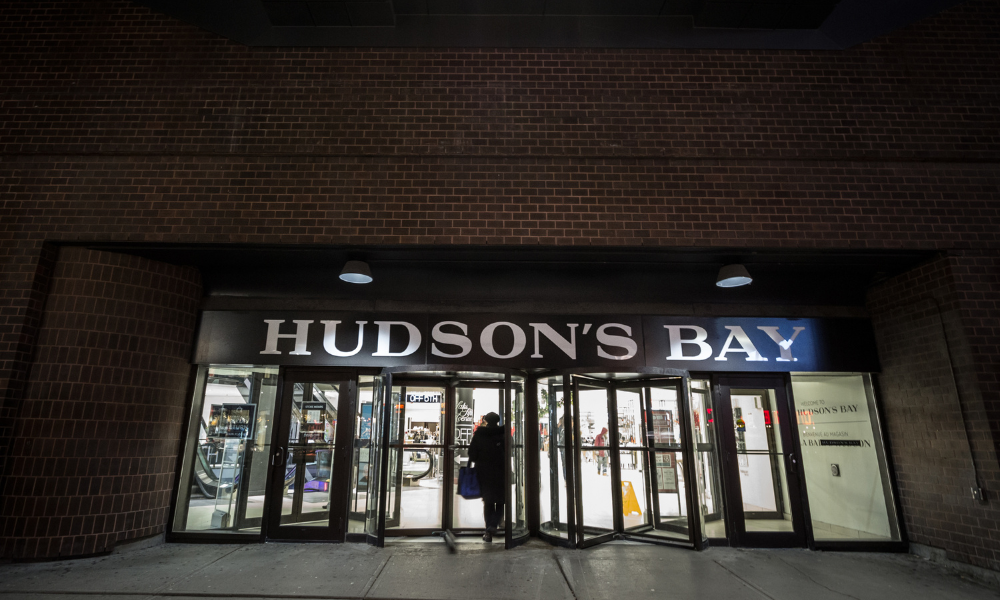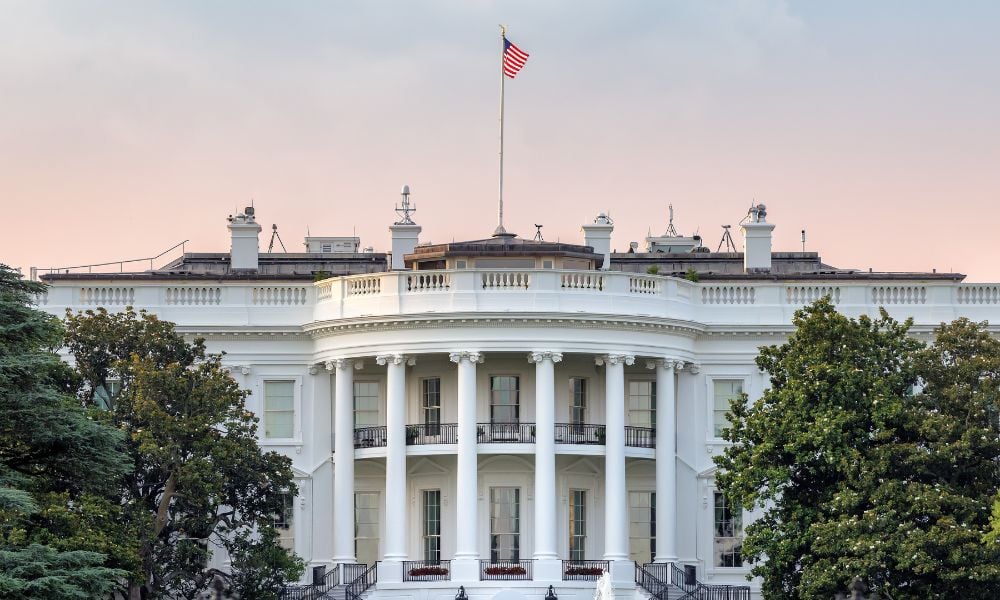Sentiment against the practice is increasing with the pandemic

“[First name] has had, by their own report, a cold today and sensibly stayed home from work rather than spreading this to his colleagues/customers. I have no test for the common cold and therefore believe him/her, however you feel his time and mine should be wasted by making him sit in the walk-in clinic for hours and me spending time writing a sick note that I could be spending on people who genuinely need my attention.
Please reconsider your policy on this – there are surely better ways of wasting your tax dollars.”
This was the text of a sick note allegedly from an Alberta doctor to an employer requiring such a note to justify an employee’s short-term illness, made semi-famous after being posted on Reddit five years ago. The note became part of a debate over the worth and justification of sick notes that has come to the surface again in the era of COVID-19.
About three years ago, Ontario’s Liberal government under then-premier Kathleen Wynn introduced changes to employment standards legislation that prohibited employers from requiring sick notes from employees for short-term absences. These changes were promptly overturned by Doug Ford’s Progressive Conservative government when it came to power in 2018, only months after they came into force.
Ford’s government seemed to realize to a certain extent that having workers go to doctor’s offices when they might be infected with a communicable disease just to get a note might not be a good idea and included a prohibition on sick note requirements for employees who may have to take off work because of COVID-19 in its Employment Standards Amendment Act (Infectious Disease Emergencies), 2020. The ban on requiring sick notes will last until the legislation is repealed — presumably when there is a vaccine for COVID-19 or the Ontario government determines that the pandemic is under control.
However, recently MPP Mike Schreiner of the Ontario Green Party introduced a private member’s bill to the Ontario legislature seeking to re-establish a permanent ban on sick notes in the province, calling Ford “reckless” for bringing them back in the first place two years ago. This goes along what health-care professionals have been saying for years — sick notes aren’t worth it.
The doctor’s note above is an example of how many doctors feel about sick notes. Back in early 2014, the Ontario Medical Association (OMA) took a stand against requiring employees to obtain sick notes during flu season, saying it helped spread the flu — either through forcing contagious employees to go to doctor’s offices and spreading it there, or forcing them to decide to go to work instead of calling in sick and spreading there.
The OMA also made the same argument as the displeased Alberta doctor above — in many cases the doctor can only take the employee’s word for how they feel (or felt) and it’s not an official diagnosis of any illness, especially if the illness has run its course. And given the cost of every doctor’s visit, it can place an unnecessary burden on the health-care system, the OMA said.
Around the same time, the Newfoundland and Labrador Medical Association took the same position in a letter to its member physicians advising them not to provide notes for patients if they didn’t assess them during the illness.
The argument seemed to be supported by a U.S. study last year that found a correlation between the employment rate and spikes in flu-related doctor visits and infections. This is concerning during any typical flu season, but during a pandemic, it is particularly worrisome.
From the perspective of employers, it makes sense to ensure that employees who call in sick are really sick — absent employees can hurt the bottom line, especially if sick leave is abused. And if an employee is off work for a long time, the absence should be supported by medical evidence so the employer can get an idea of the chance of more sick leave, a potential return to work, or if accommodation might be needed.
But for short-term absences, the value of sick notes is dubious and they might actually make things worse if having employees go out and get them or go to work instead could spread illness — potentially hurting the employer’s bottom line more than an abused sick day or two.
Ultimately, it may be a better idea to simply trust employees that they know when they should stay at home. To paraphrase the disgruntled Alberta doctor, there are better ways to waste everyone’s time and money.




